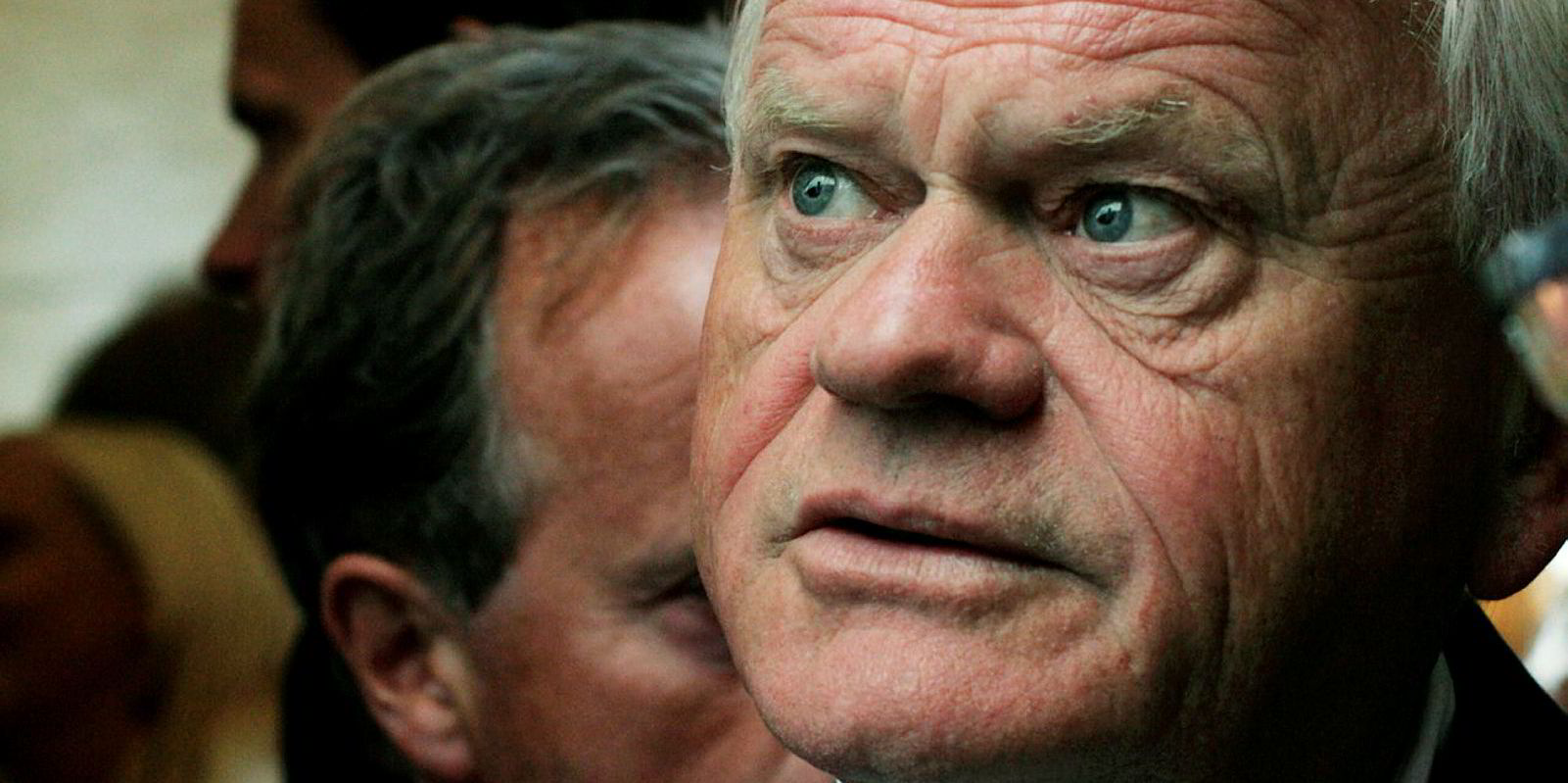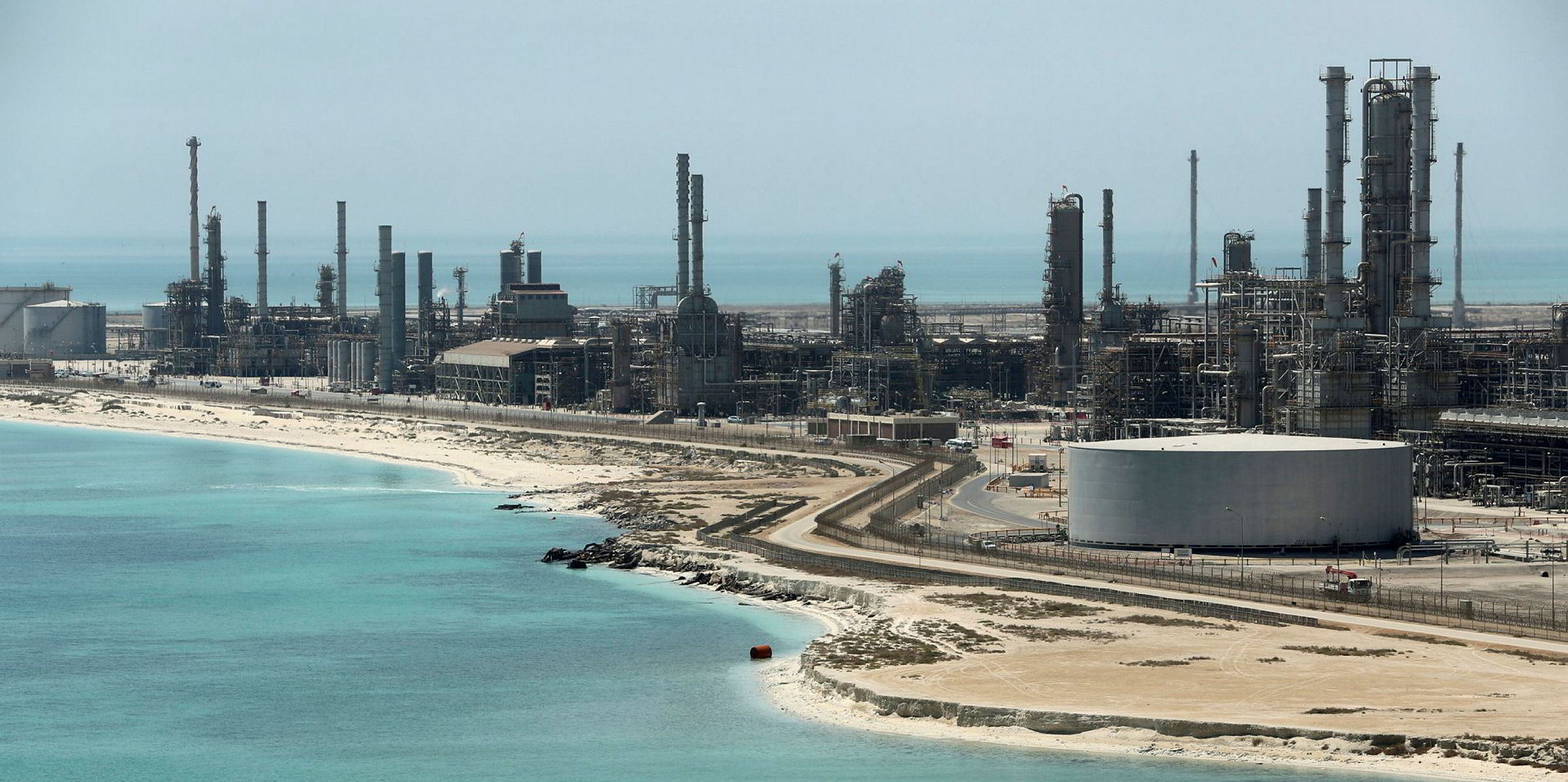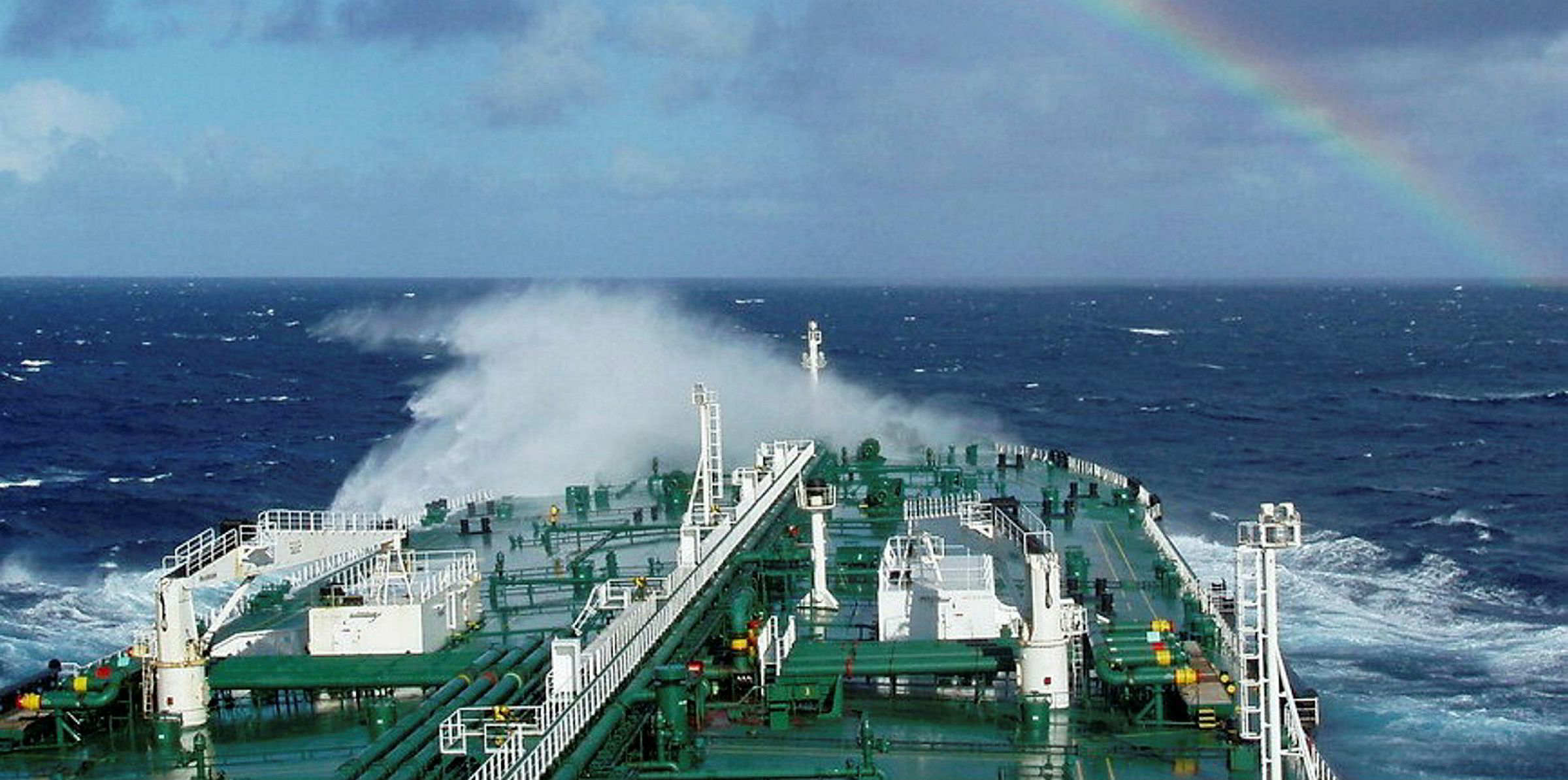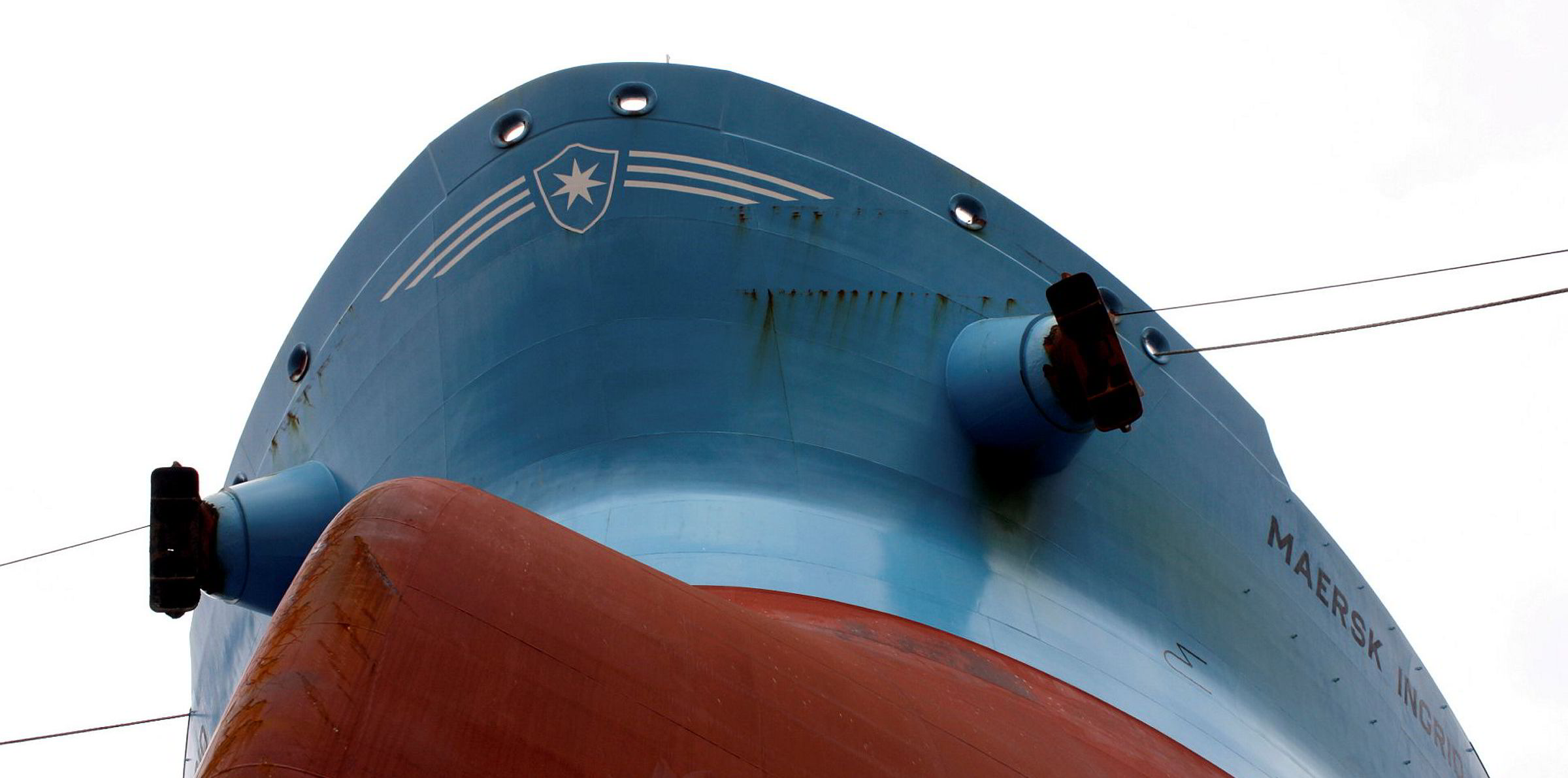Tanker owners will have more chances of fixing their ships on longer period charters as the oil market points to a prolonged crude supply overhang, said Frontline Management chief executive Robert Hvide Macleod.
After front-month West Texas Intermediate (WTI) crude futures settled in the negative territory for the first time at the beginning of the week, Brent futures took a hammering on Tuesday with the June contract falling by more than 25%.
While only 6m barrels of WTI futures changed hands below zero – minuscule in trading terms — weaker Brent in June compared with forward months is incentivising further floating storage, Macleod said.
“The oil market for floating storage is anchored off the Brent prices and curves. In turn, the US Gulf Coast exports are using Brent prices for their indications rather than landlocked WTI,” Macleod told TradeWinds in an email.
“The oil price is in super-contango, demand is under distress and the world is running out of land based storage.“
Store crude at sea
With the earlier price war among crude producers and collapse in oil demand amid the coronavirus pandemic, oil firms have fixed dozens of tankers on period charters with floating storage options.
VesselsValue data showed 39 VLCCs, 29 suezmaxes and 17 aframaxes were time chartered in the month to 20 April, of them 45 were on six-month deals.
“Oversupply of crude is expected to remain substantial given current demand destruction. This will mean that inventory builds will slow but, importantly, remain in place,” Macleod said.
“The time charter market reflects the current dynamic, and the amount of six-month time charter deals concluded in recent weeks has been massive.”
As oil moves into floating storage, minimum charter periods are increasing to between eight and 10 months, the executive said.
He added that New York and Oslo-listed Frontline expects more activity on period charters ranging from 12 to 24 months in the coming weeks.
Brokers reported Frontline's 110,000-dwt Front Altair (built 2016) was chartered by Vitol for 12 months at $40,000 per day, though Macleod did not directly comment on this.
Data from Frontline showed the amount of oil on water reached 1.24bn barrels on Monday, compared with 1.16bn barrels on 7 April.
“In just 13 days the amount of ‘oil on water’ has increased by just over 7%. I wouldn’t be surprised to see this number continue to rise as inventories are quickly filling up,” Macleod said.
Slow destocking
Many analysts believe oil demand weakness will last well into the second half of this year or even 2021, with the Covid-19 crisis still ongoing in major economies.
The International Energy Agency has expected global oil consumption to fall by a record 9.3m barrels per day this year, suggesting that destocking could occur at a slow pace.
“It will take some time before demand increases to match supply, during this period we remain in inventory build mode,” Macleod said.
“Judging from the rates charterers are willing to pay on time charters, the inventory build period (and a supported freight market), does not look short-lived.”
Like other tanker firms, Frontline has enjoyed healthy tanker earnings and rising share prices in recent weeks.
While recognising the boom cycle will eventually be over, Macleod said tankers owners would have many scrapping candidates to reduce fleet supply – thus providing a market floor.
“At the start of 2021 around 25% of the VLCC fleet will be 15 years-plus. So, if rates do come down sharply, it is also fair to expect the next wave of ship recycling,” Macleod said.







